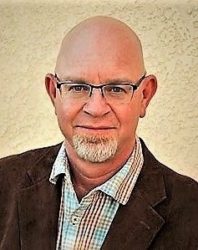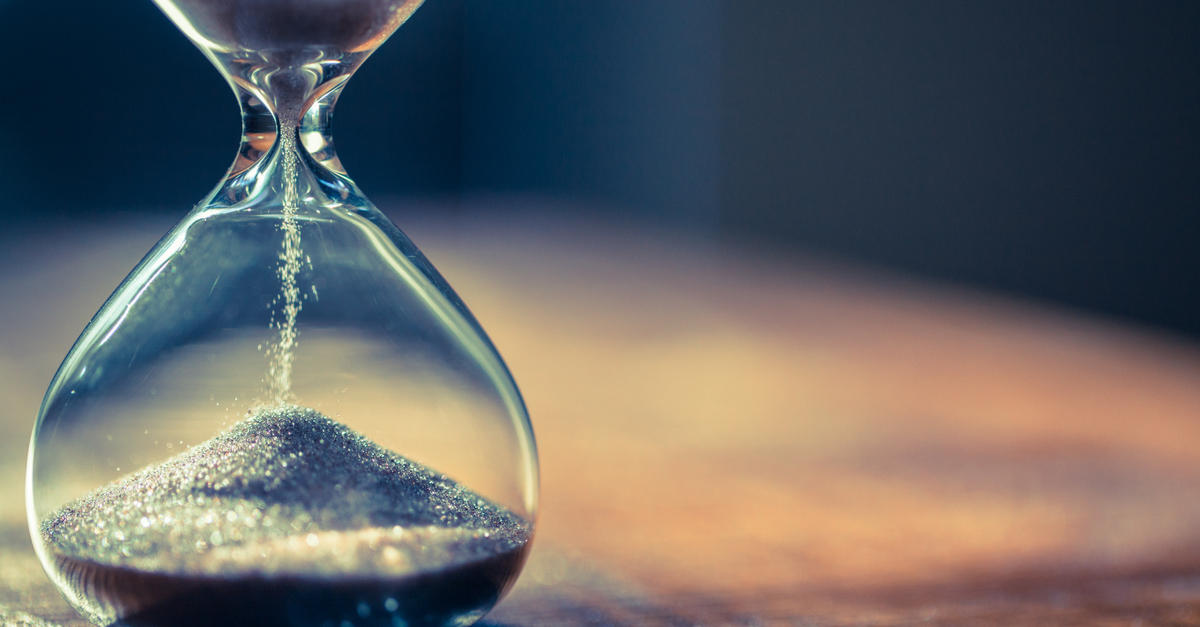 Scott Brassart
Scott Brassart
OK, so I’m no longer engaging in my addiction. And suddenly I find myself with an unexpected amount of free time. Like, eight hours a day. With no idea how to fill the endless minutes.
Honestly, I had no idea my addiction had become a full-time job. Nor did I realize that my life had become so small. There was my job. There was my addiction. There was nothing else. No friends, no hobbies. Nothing.
So what now?
Sure, I go to individual therapy for an hour every week and group therapy for two hours every week, and on the days I don’t go to therapy, I go to a 12-step meeting for an hour. But that still leaves a lot of time with nothing on the agenda.
My brain tells me that maybe I should just sit quietly on the couch and binge-watch Netflix, but I can’t seem to manage it. I’m used to the constant stimulation of my addiction, so sitting still for more than three minutes at a time is a non-starter. I get bored, and then I get anxious, and then I want to relapse.
My therapist tells me that my brain needs time to reset to a baseline level for stimulation, and when that eventually happens, I’ll be able to relax, sit quietly, and enjoy a bit of downtime. But that is then, and this is now, and I’m going stir crazy.
I need something to do. I need a way to fill the empty hours. But I don’t know how to go about this.
In his book, Flow: The Psychology of Optimal Experience, Psychologist Mihaly Csikszentmihalyi writes, “The best moments in our lives are not the passive, receptive, relaxing times. The best moments [occur when our] body or mind is stretched to the limit in a voluntary effort to accomplish something difficult and worthwhile.”
If I’m going to stay sober, I need to take this advice. I need to find a challenge, and I need to voluntarily take on that challenge. So I ask myself a few questions:
- What have I always wanted to do?
- Am I willing to stretch my body and mind to the limit to achieve this goal?
I ask myself these questions because it’s clear to me that, in addition to ‘working my recovery’ with therapy, 12-step meetings, and time spent with fellow recovering addicts, I need to identify, embrace, and enjoy a meaningful challenge. For me, this is a necessary element of my early recovery because I simply cannot sit still and stay sober.
So, I look around at the people I respect in my recovery network to see what they do.
One of them has done the annual AIDS fundraiser bike ride from San Francisco to Los Angeles for 21 straight years. He even helps others train for the ride so they can finish it without their legs falling off. Another participates in local theater productions. Big parts, small parts, it doesn’t matter, as long as he’s in the show. Yet another volunteers at the local no-kill animal shelter – walking dogs, socializing animals that aren’t yet adoptable, even cleaning out cages. And they all love the challenges that these activities present.
They also stay sober.
So, I ask myself, “What do I want to do?” My answer is that I want to write a novel. I’ve never attempted it because I thought I didn’t have time for it. But now I do have time. Lots of time. So I’m going to write a novel and I’m going to start right now. Right. Effing. Now. No more excuses. I am going to stretch my body and mind to the limit to achieve this goal.
Will my novel be any good? Maybe it will, and maybe it won’t. Either way, I’m going to embrace the challenge because I want to do it, and because I know that the process will help me stay sane and sober as I walk the path of early recovery.
* * * * * * * * * *
If you or a loved one are struggling with sexual addiction, Seeking Integrity can help. In addition to residential rehab, we offer low-cost online workgroups for male sex addicts new to recovery. Click here for more information.
